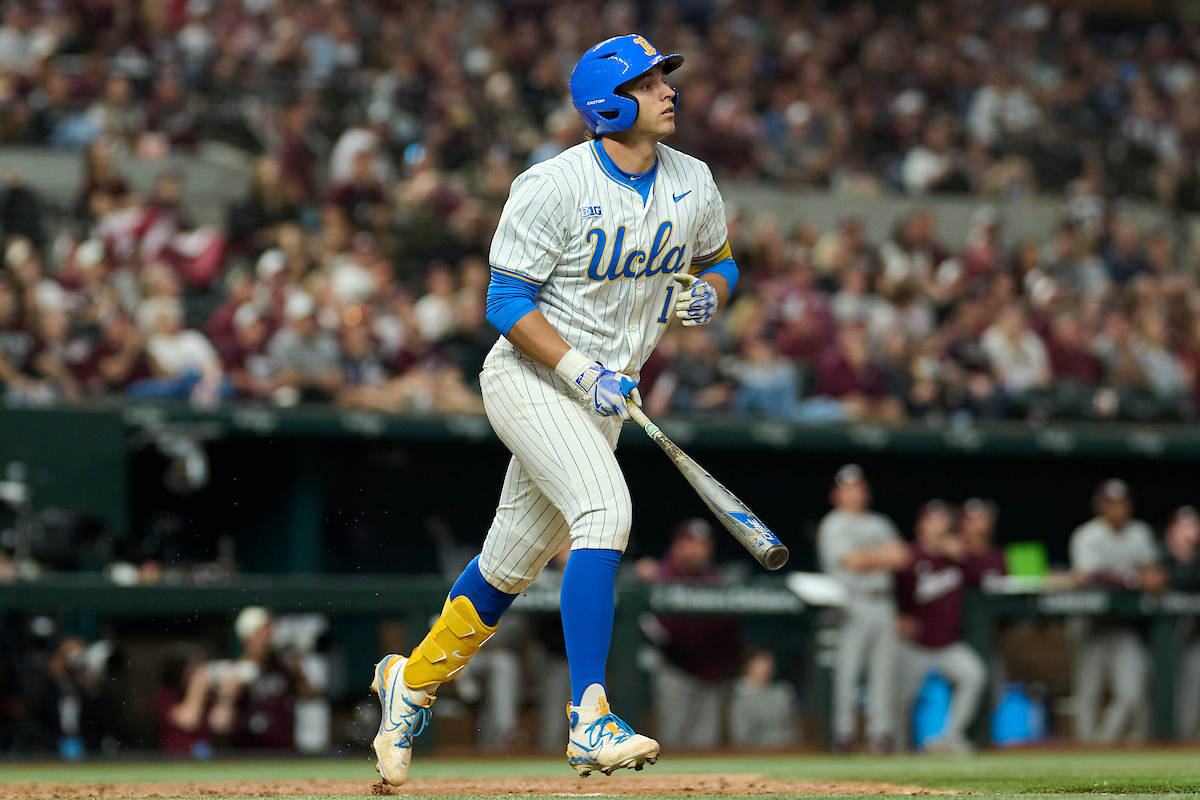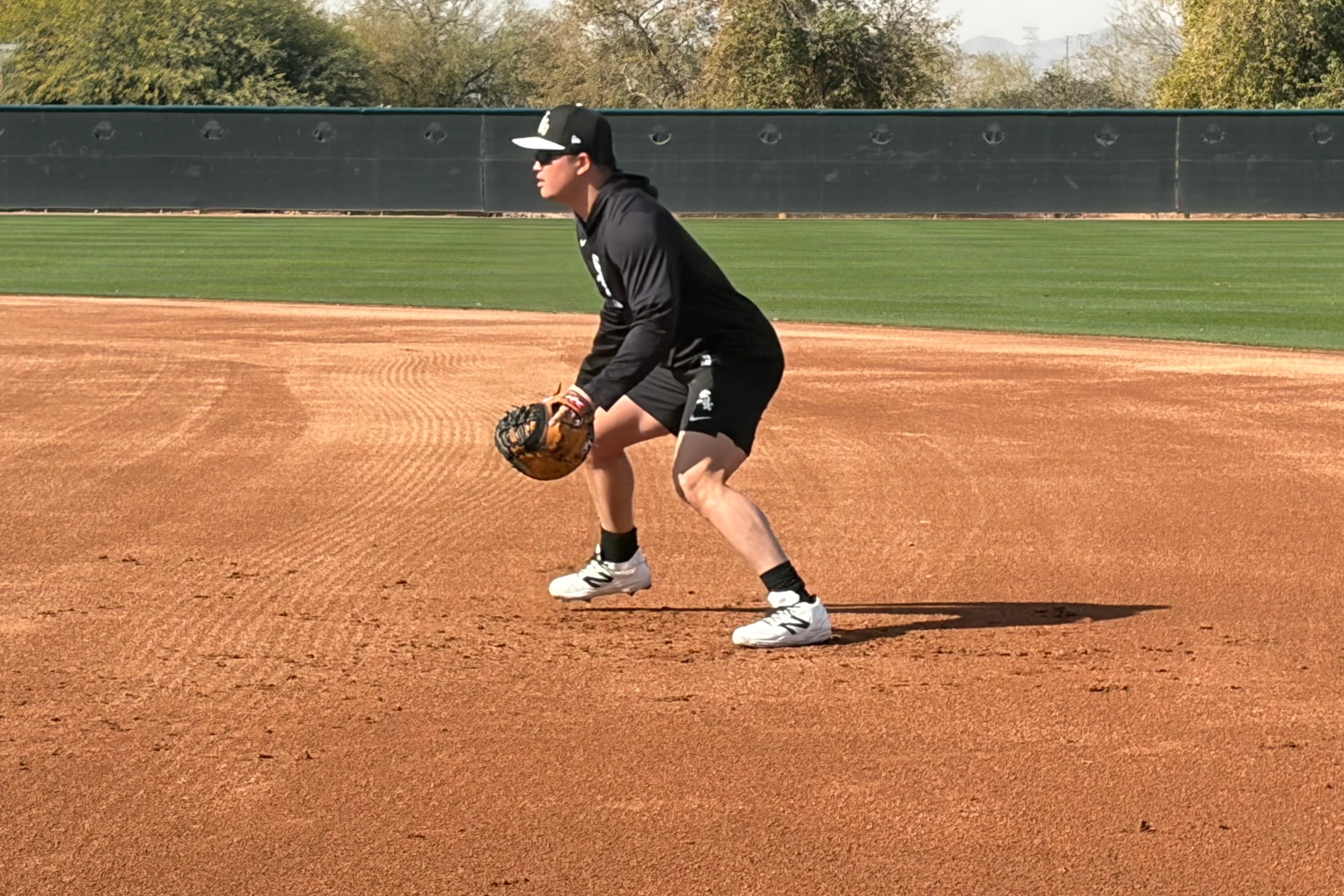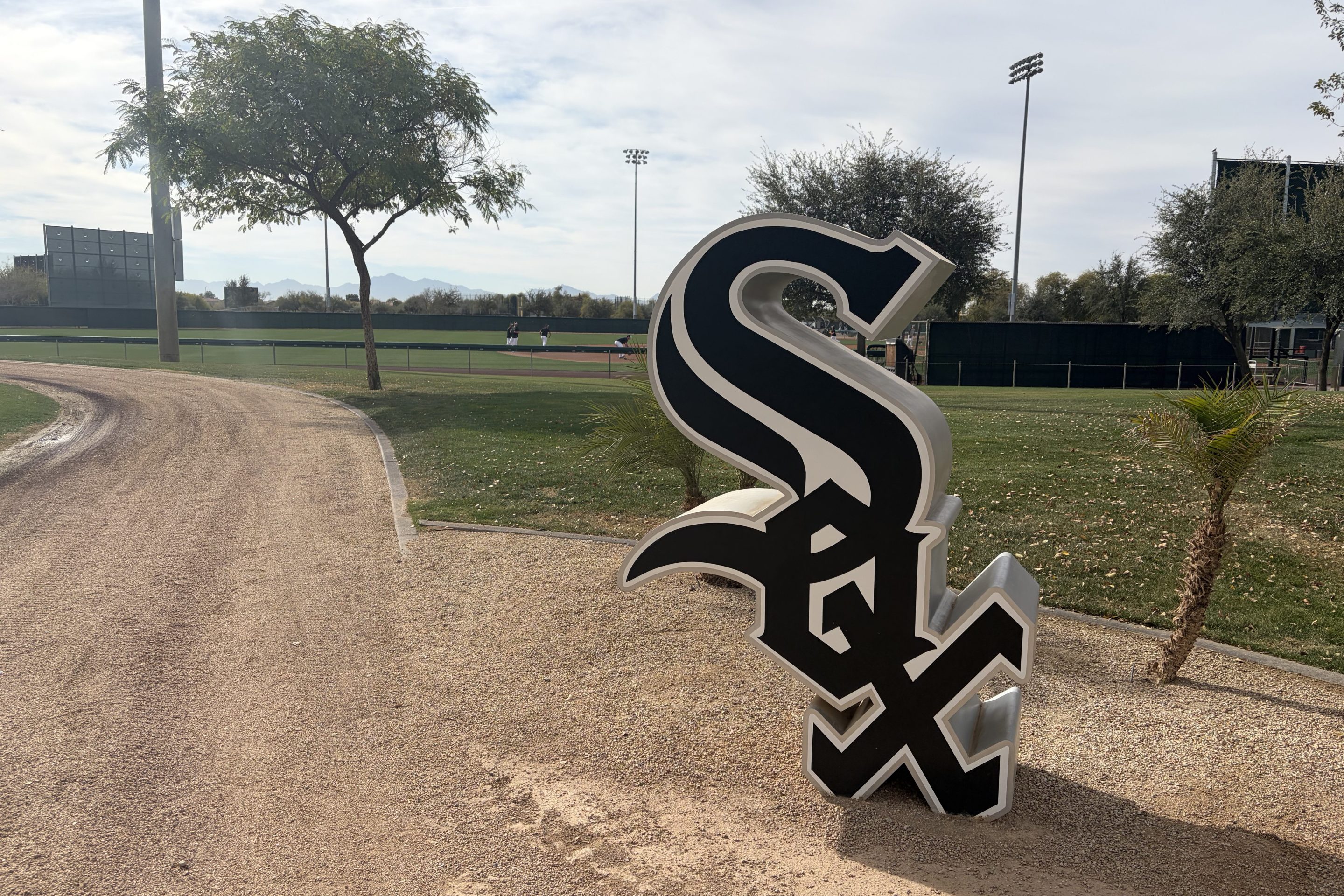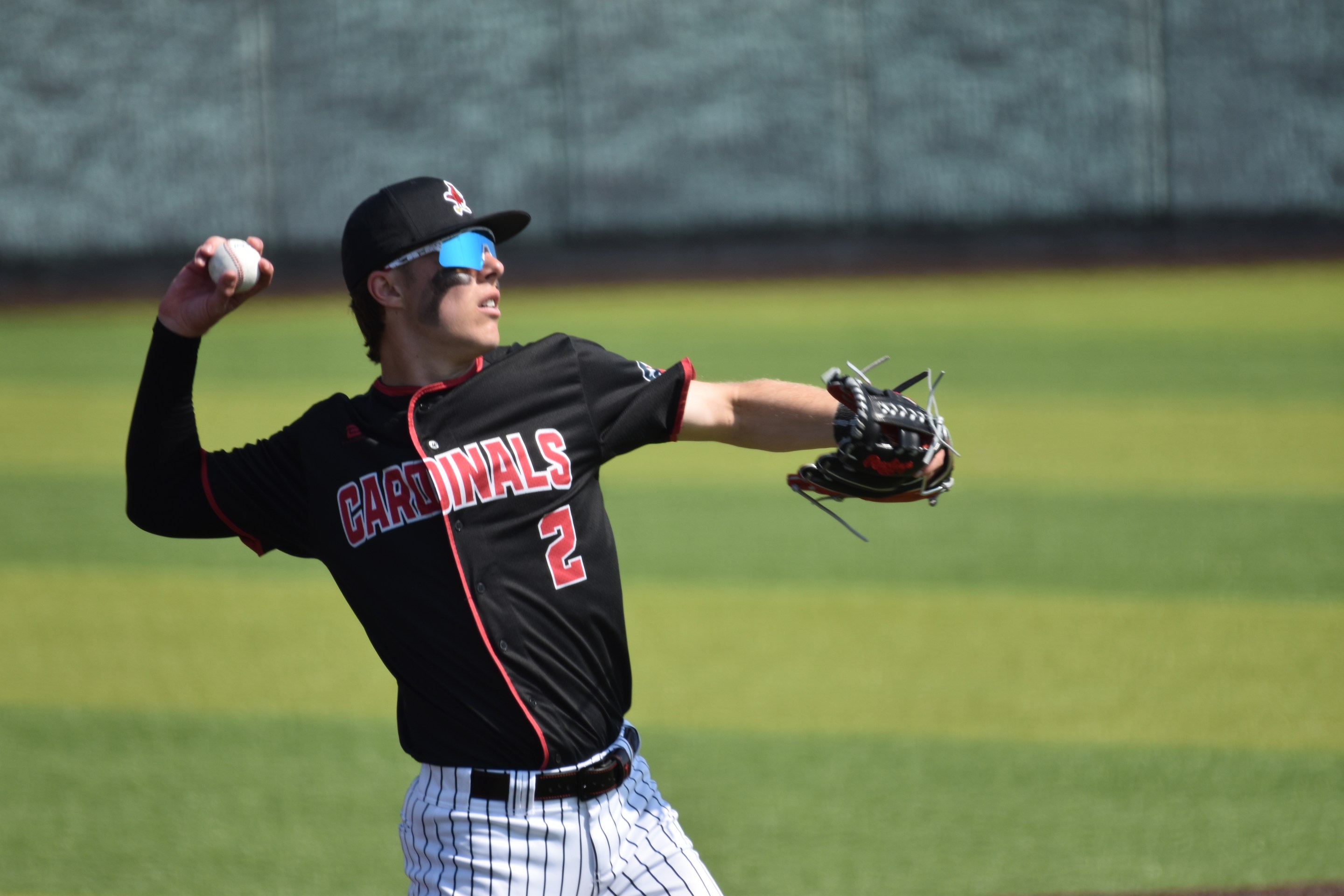Welcome to the final mailbag of this cursed year.
Dogs are awesome but boy do they like to chew when they are puppies (chair legs in my case). Hope you and your family are safe and doing well in Nashville area after the Christmas event. Now to my question - How many 4 year contracts have worked out for relievers/closers? I can only think of one reliever that was good over a period of time, and that was Rivera. Most have a good year then a so so or bad year. Do you think it is better to trade during the season to find a closer who is on that year or give out a 3 - 4 contract to a closer? I would rather spend the money on a solid outfielder or starter. Please, not a DH again!
The blast woke up my wife, who thought something fell on the house. (I slept through it, because my brain doesn't let go of any deep sleep it gets right now.) We live about four miles away.
You don't have to look far to find a four-year closer contract that worked out well enough -- the White Sox with David Robertson. He was more or less as advertised for the duration of the contract, but the team didn't give him enough leads to work with, making the failures acutely felt. Andrew Miller signed a four-year contract the same winter. The Yankees didn't regret it, nor did the Indians, who traded for it less than halfway through. Jonathan Papelbon held up for his four-year deal with the Phillies.
There are highly paid closers who have imploded. Craig Kimbrel with the Cubs. Kenley Jansen is running out of steam with the Dodgers. Mark Melancon got hurt with the Giants. But I don't think there's inherent risk in paying a dominant high-leverage reliever money for three or four years, assuming his peripherals and pitch data suggest a guy at the top of his game. It's better than giving that money to an expensive rehab project like Kelvin Herrera.
In the White Sox's case, I wouldn't mind the White Sox signing Liam Hendriks, even if the previous years don't give him anything to improve upon. I'd wish the Sox spent that money on a position of greater need, but Hendriks would be preferable to nobody at all.
Andrew asks:
Does the pursuit of Cespedes and Colas make more sense out of the signing of Eaton?
No, I think Eaton was mainly risk aversion, because it's going to be difficult to firm up timetables on Cespedes (and potentially Colás) until we see what happens with the minor leagues in 2021. Jerry Reinsdorf probably didn't want to pay a lot for a right fielder due to the uncertain financial environment, and Rick Hahn might prefer not to because of the way it might mar his pristine payroll years down the line. So they settled for somebody they had personally seen play well for the White Sox and theoretically could again, which might be more appealing to a front office that tends to lean toward insularity than Joc Pederson or a different flawed outfielder, with the ability to move on if it doesn't work out. I'd treat Cespedes (and potentially Colás) as players who can extend the window down the line, not as players tasked with getting the team of the next two years to the top.
Asinwreck asks:
Is Luis Robert's Instagram account aspirational, mischievous, or providing a scoop that Oscar Colás will somehow join the Cuban exodus to the South Side?
I would say it doesn't quite rise to a scoop, but it reinforces a couple of long-running notions:
- The White Sox were trying to line up both Cespedes and Colás, and might've made it happen more smoothly if the league reverted to a July 2 start for the following period, rather than Jan. 15.
- His best payday arrives Jan. 15, 2022.
- The White Sox are generally well suited to have money available for a Cuban of note, if they haven't already committed to it.
And it's possible they've already committed to it.
John O asks:
Will there be 40 rounds in the draft again in 2021? Where will the Sox be drafting & what type of bonus pool can we expect? Bonus question: during the next 5 years, what is the highest first round draft pick you think the Sox will have?
The last I've seen, the MLB Draft in 2021 will range from 20 to 30 rounds, and with an entire level of Minor League Baseball being eliminated, it's hard to see it ever going back, since a lot of those third-day draft picks were sent to those short-season A-ball leagues.
As for the highest draft pick, I can see the Sox dipping into the bottom half of the standings for one of those years, so let's say No. 12.
Matthew asks:
I apologize if i missed it, but what's your take/knowledge of Len Kasper? I note that all my cubs friends are beside themselves which seems like a good sign. I thought Mazur was fine. But if we have a Rooney like figure in the radio booth, that's a luxury I would relish.
I guess I didn't really offer a personal opinion of Kasper in my posts, as I spent more time trying to figure out how and why it happened. It'd be a much bigger deal if Jason Benetti hadn't already transformed the White Sox TV booth, because they're from the same mold, and if you like one, you'll like the other. They're genial, progressive (in terms of information) and well connected professionals. He's not a sensational broadcaster in the precise sense of the word.
I'd say the secondary effects of his move will be more immediately apparent than the quality of the radio call. I'm looking forward to seeing what he and Benetti come up with in their shared ventures, Kasper drifting over to the TV booth when Benetti's booked. I also liked seeing objective third parties and rival teams drooling over the White Sox's broadcasting talent after years of slagging it, fairly or reflexively. As for the way he'll connect with listeners, I think it'll take a bit of time to develop that rapport, because he's not yet a White Sox voice, whereas Ed Farmer was intractably White Sox and all that entails. Postseason games early and often would increase the number of signature opportunities.
Josh asks:
With Hahn basically saying the Sox are under a self imposed budget that appears to put them at a middle of the pack payroll, were we lied to when they said the money would be spent? I know the pandemic hurt them financially but am I right to be mad that this war chest that was saved during terrible years of baseball is gone and it's back to bargain hunting to compete every year?
Kinda! I think it's more like a "Scott's Tots" situation, in that the person making the promise envisioned a much different reality than the one he ended up in. Of course, Michael Scott just figured he'd become somebody worth eight or nine figures, whereas a pandemic removed income from the books by the time Hahn expected to kick it into high gear, but the result is the same either way -- somebody not being able to dole out dollars on the scale they envisioned and presented.
There's no point in resetting the payroll as aggressively as the White Sox did without rolling the dice on a huge contract for the right player. Hahn knows this, which is why he said it when he said it. Yasmani Grandal and Dallas Keuchel could have fit in with a number of previous offseasons, so they don't constitute "money being spent" unless there are three or more of those contracts on the way in short order.
If Hahn thought he had a path to spending George Springer money that closed because of the pandemic, I get it, at least a little bit. But he's also been working under Jerry Reinsdorf's imposed constraints for the entirety of his career as a baseball man, so he probably should be a little better at anticipating spending less, not more. If Reinsdorf isn't willing to spend money to make money, then Hahn has to get better at making him money. Except that sounds like an ultimatum, and White Sox executives don't really face those. Fans tend to get the brunt of the "or else..." part.
Trooper Galactus asks:
Signing Adam Eaton seemed like a bad enough move on Hahn's part on the merits alone, but do you foresee it not even being a budget-conscious move? I wouldn't have guessed him getting $8 million guaranteed on a one-year deal (taking the buyout into account; I think it's safe to say they won't exercise his option), and it seems like better options will cost roughly as much, and possibly even less, in this weird market (see David Dahl's $3 million deal as a possible example). Is it likely Hahn jumped the gun here and possibly ends up paying a few million he didn't have to that could have been utilized elsewhere?
Perhaps I imagined it, but I remember reading during the initial reporting of the Eaton signing that other teams were interested and involved, notably the Tigers. Whether I'm remembering that correctly, I don't think the White Sox were bidding against themselves. Eaton's willingness to sign for one year probably made him more appealing to a host of teams than Joc Pederson or the other outfielders. Dahl's career is a mess, so I don't think he's instructive of anything.
The bigger cost is the opportunity variety. He rushed to fill the most pressing vacancy with a guy who requires finger-crossing for mere adequacy. That's probably the most cynical way to depict his present-day state, and his ceiling is higher than that, but the White Sox's track record requires one to be jaded.
Mark asks:
Considering Michael Brantley is 33 and has only played 9 MLB games in RF how would he fit on the White Sox beyond 2021 assuming he wants a multi-year deal and with Andrew Vaughn targeted for 2022 if not sooner? (Fangraphs median crowd sourced FA contract is 3yrs/$45m - )
Brantley would be an awkward fit beyond one year, but he's such a great fit for 2021 that I wouldn't mind seeing the Sox invite it. Beyond the idea that I'd love to see the Sox have more bats than spots, it might inspire them to get more transactional involving the already uncomfortable number of defensively limited right-handed bats on the roster. I'm not necessarily advocating trading Andrew Vaughn or Eloy Jiménez, but watching teams like the Padres and Rays operate, I'd welcome the idea of a challenge trade that suggests the Sox can love somebody besides their own guys and diversifies the type of talent on the roster.






